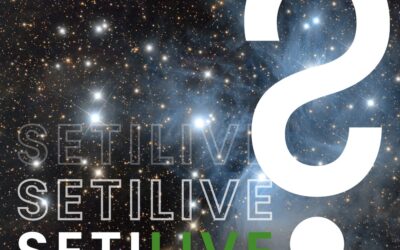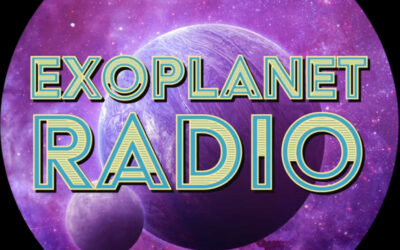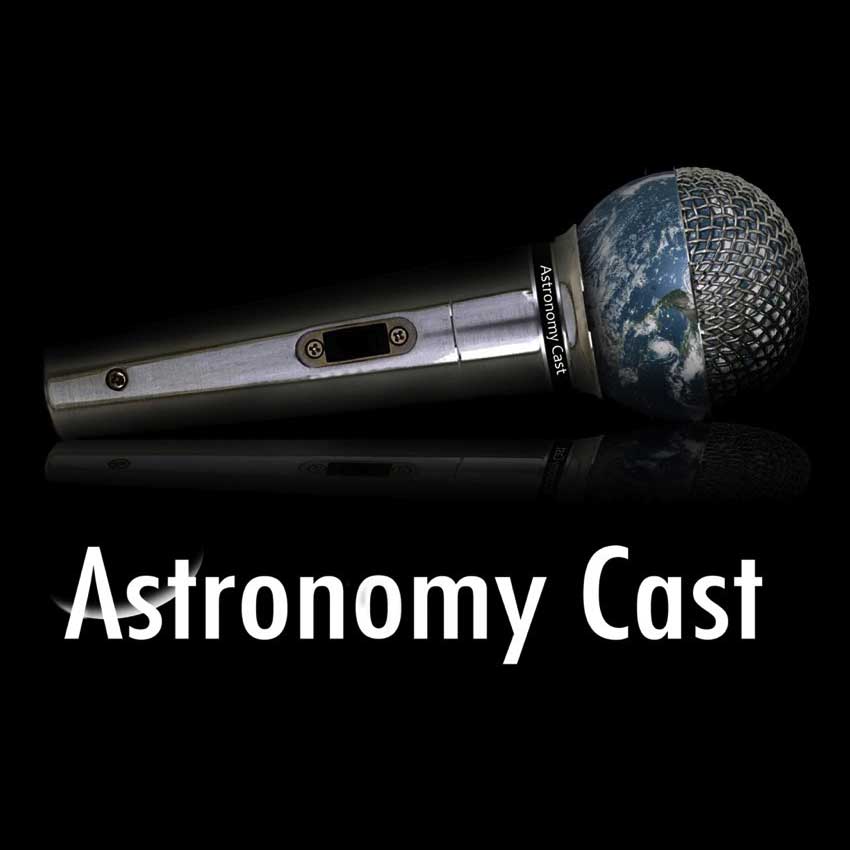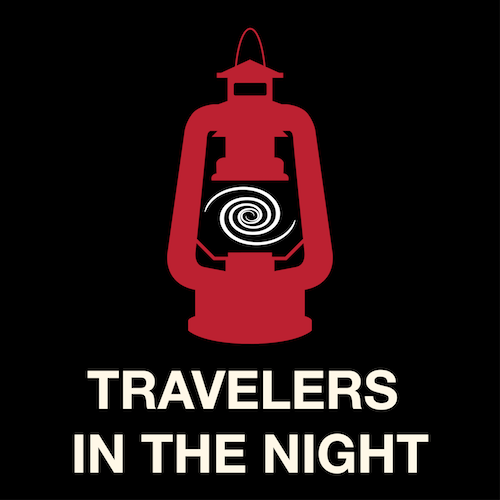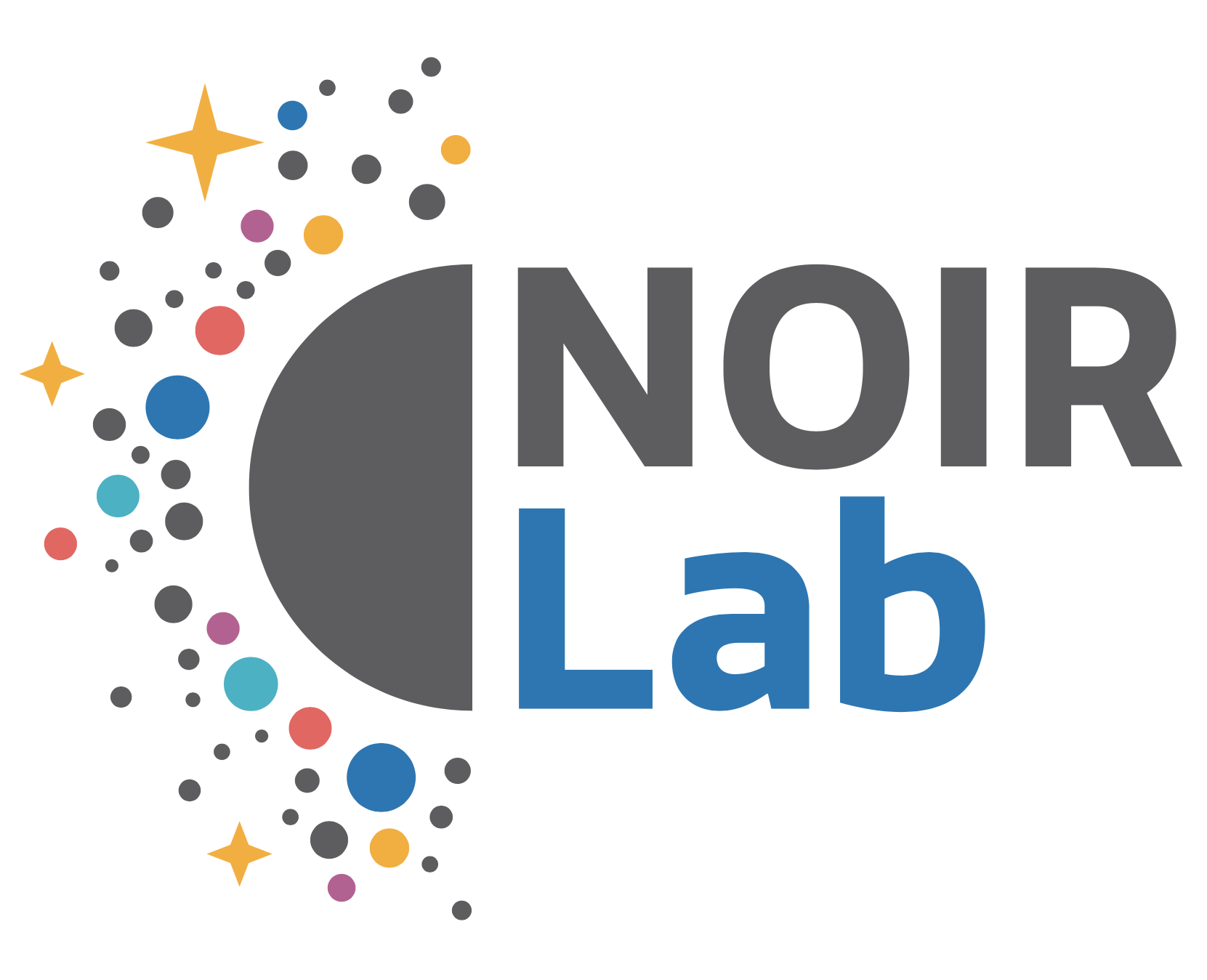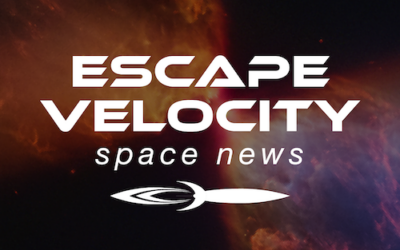Today’s Episode
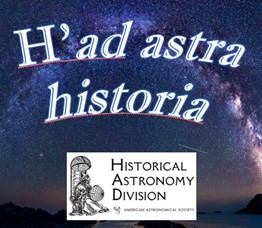
Sep 26th: Astronomy Oral History Project Part 1
Today H’ad astra historia featured Dr. Jarita Holbrook who tells the story of the Astronomy Oral History Project.
Subscribe & Follow
Project Director: Avivah Yamani
Audio Engineer: Richard Drumm
Executive Producer: Pamela L. Gay
Learn more about us on our
Credits and Sponsors page.
We are a community podcast,
bringing you the voices of astronomy & astronomy lovers,
everyday of the year.
More Recent Episodes
Nov 15th: Searching for ET at the Heart of the Milky Way
Until now, radio SETI has primarily dedicated its efforts to the search for continuous signals. A new study sheds light on the remarkable energy efficiency of a train of pulses as a means of interstellar communication across vast distances.
Nov 14th: Exoplanets Are Everywhere
Did you know that the discovery of other planets in orbit around other stars is a very recent one? Only 25 years ago, we had no idea there were any planets in our galaxy besides those in our solar system. Now, not only have we discovered them, but astronomers estimate there are trillions of them. There are so many exoplanets out there that every star in our galaxy could have at least one.
Nov 13th: Mission Roll Call Part 6: The Outer Solar System and Beyond
Finally, we reach the end of our tour through the missions in the Solar System. Out beyond Mars, to Jupiter, the Kuiper Belt and Beyond.
Nov 12th: Greg Scores & Cosmic Campground
Greg Leonard from Catalina Sky Survey team finds an interesting potentially hazardous asteroid and The Cosmic Campground as the last places where one can experience the natural night sky in the lower 48.
Nov 11th: The Siena Galaxy Atlas
Astronomers have long sought to map the night skies that can help scientists spot broad patterns across a population of objects, put new discoveries such as transient events in the context of their surroundings, and identify the best candidates for focused observations. And here’s The Siena Galaxy Atlas Project.
Nov 10th: A New Space Race
Space science isn’t where the money is… at least not yet. Astronomy and planetary science in the U.S. are funded by NASA, the National Science Foundation, and a variety of smaller foundations and extremely wealthy individuals.


